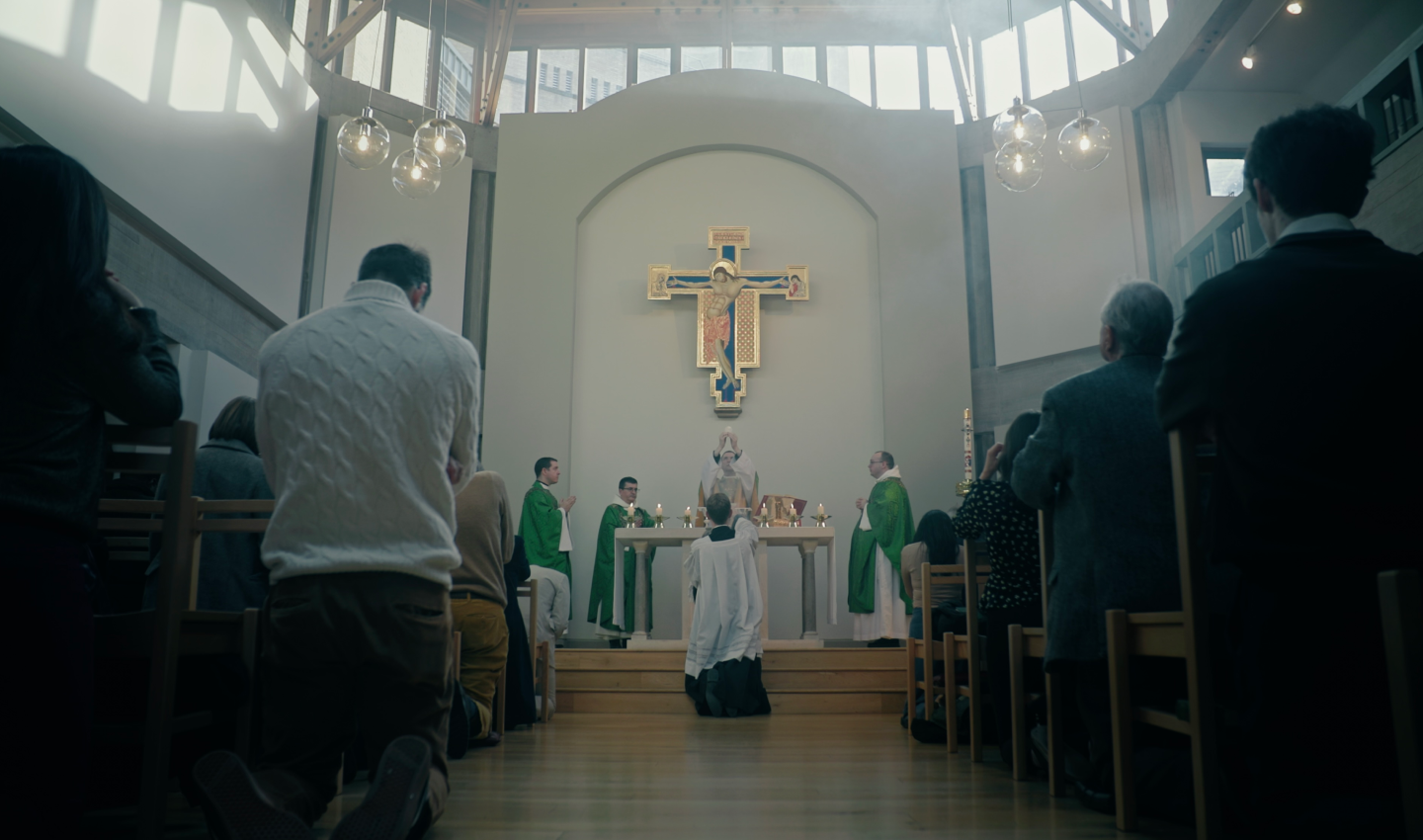About
Saint John Fisher

about
St John Fisher (1469-1535) is the patron saint of Fisher House.
He was born at Beverley, Yorkshire, of a family wealthy enough to send him, aged fourteen, to study at Michaelhouse, which was later absorbed into Trinity College. He proved a proficient scholar, gained a doctorate in theology, and stayed on to teach. The great reforming scholar Erasmus wrote to him: "I know how much time you spend in the library which is to you a very paradise".

Understanding Christianity
However, St John was was not by any means detached from the real world; rather, it was his belief that understanding Christianity, making sense of the Bible and the Church’s tradition, gave insight into what really mattered in life – the choices between good and evil, and God's forgiveness. Such intellectual understanding was also an essential element in spreading the Gospel; St John was instrumental in the foundation of two colleges at Cambridge (Christ’s and St John’s); and Erasmus tells us that part of his intention in these foundations was the formation of preachers. To further his scheme for the advancement of religion, he brought about the creation of a new post in the Divinity Faculty, the Lady Margaret Chair, of which he was the first holder in 1503.
By the time he became the Bishop of Rochester in 1504, St John had made powerful friends. His career was advanced by the support of King Henry VII’s mother, Lady Margaret Beaufort, to whom he was confessor and chaplain, and he rose from being a professor of theology to Chancellor of the University of Cambridge.
However, the actions of Henry VIII in the 1530s that secured total royal control of the English Church forced St John to choose between his earthly status and his commitment to the Catholic Faith. As confessor to the Queen, Catherine of Aragon, he could not support King Henry’s marriage to Anne Boleyn, or the King’s new claim to authority and the corresponding rejection of the papal authority. St John appeared on Queen Catherine’s behalf before the papal legates at Blackfriars; and authored a widely-read treatise against the divorce. Despite battling hard to stiffen the opposition of the English bishops to the changes in religion, and his own fearless testimony, the English Church broke its ties with Rome and its communion with the successor of Peter.

Tower of London
In April 1534, having refused the Oath prescribed by the Act of Succession, St John was arrested and confined to the Tower of London, and on 17 June 1535, he was tried and condemned to death. In May 1535, Pope Paul III, mistakenly assuming that Henry VIII still retained some respect for the offices of the Church, had made St John a cardinal, but the king cruelly jested that he would see that St John would have no head upon which to set his cardinal’s hat.
On 22 June 1535 at the age of sixty six, so weak and gaunt that he was carried to Tower Hill in a chair, St John was beheaded at Tower Hill, after reciting the Te Deum and the psalm In Te Domine Speravi. His head was impaled on a pole on London Bridge, until it was discarded to make way for that of St Thomas More a fortnight later.
On 9 December 1886, together with St Thomas, St John was beatified by Pope Leo XIII. He was canonised, again with St Thomas, on 19 May 1935 by Pope Pius XI. His feast day, celebrated jointly with St Thomas, is on 22 June, the date of St John’s execution.
At a time when many saw learning and belonging to the Church as ways to get money and power, St John stood for different values: learning was not for him a tool to earthly ambition but a means to draw closer to God and to other human beings. In an era when bishops were ranked as worldly princes and amassed considerable wealth, St John was one of the poorest men in England who gave his possessions freely to those in need. A search of his house following his execution yielded only a scourge, with which he chastised himself at prayer.
